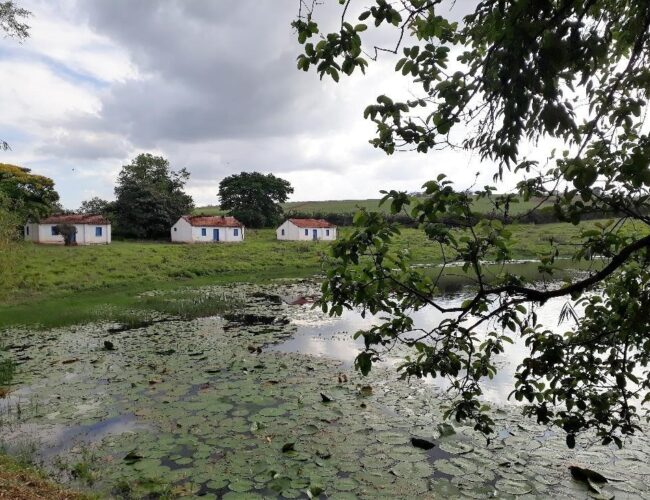As of the 1840s, plantations in southwestern Brazil started to experiment with European immigrant labor co-existing with the enslaved black population. The Ibicaba farm was a pioneer in such processes, which ultimately consolidated mass immigration to Brazil.

This project will digitize the farm’s documentation from 1890 to 1970, expanding knowledge about the socioeconomic, cultural, and political dynamics within Latin American plantations. The project team includes researchers from the University of Göttingen in Germany and the Centro de Memória da UNICAMP in Brazil.
The team will digitize a collection of historical archives containing records belonging to Farm Ibicaba, including administrative manuscripts, printed publications, accounting documents, and more. The content revolves around the farm’s administration, daily life, and economic production. The accounting books, for instance, include information about laborers’ daily activities, productivity under various contracts, workers’ remunerations, and livelihoods. The materials will present a part of history of both Brazilians and immigrant workers of various nationalities.
The manuscripts are of academic value for various research branches, including labor history; economics of contractual design; sociology of immigration; political history of labor and immigration to Brazil; and cultural life in a plantation-based society following the transition from slavery.
Making these manuscripts available online will not only preserve the historical content of an endangered archive but will also democratize the access to this type of information.
The timeline for this project has been delayed due to limitations caused by COVID-19.
